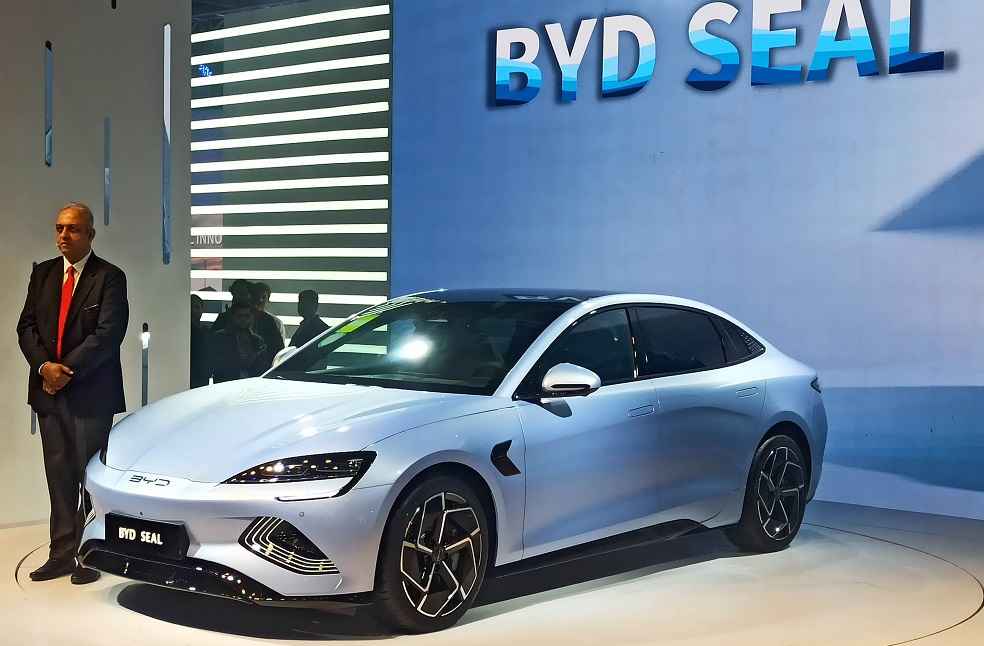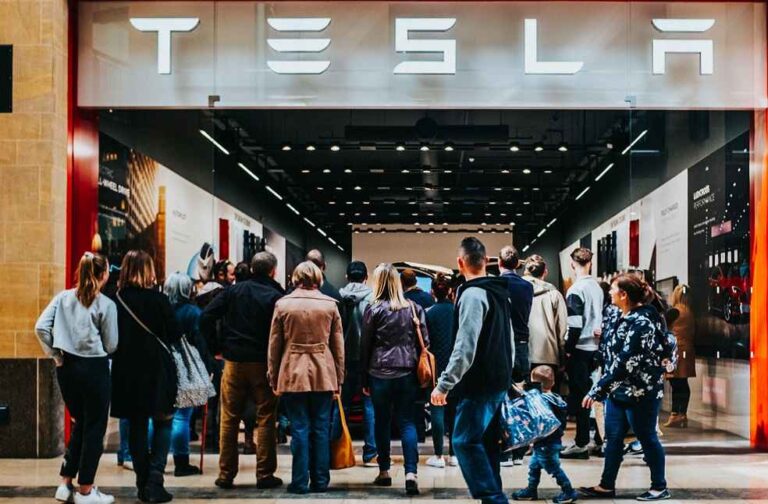Decisive attempt to advance its electric vehicle (EV) blueprint, Lexus seems to have found a beacon of innovation in Tesla, the global leader in electric mobility. The Japanese luxury automotive brand, steered by President Takashi Watanabe, acknowledges that to stay relevant in the burgeoning electric market, gleaning insights from Tesla’s triumphs is crucial.
As the EV wave continues to swell across the globe, traditional automakers are navigating the transition to secure a foothold in the sustainable mobility realm. Lexus, amid planning a significant EV overhaul starting 2026, is not coy about the influence Tesla has had on its electrification ethos.
Takashi Watanabe, while unveiling the brand’s visionary steps towards electric transformation at a recent Japan Mobility Show, articulated the importance of a modest examination and understanding of Tesla’s accomplishments. The forthcoming battery-electric vehicle (BEV), set to debut in 2026, marks the onset of Lexus’s bold journey into next-gen sustainable mobility.

This new EV offering from Lexus will be anchored on a modular architecture, embodying a radical shift in production processes and an entirely revamped software platform. At a recent showcase at Fuji Speedway, Watanabe conveyed the brand’s aspiration to encapsulate the quintessence of Lexus while morphing into a competitive player in the EV arena.
Lexus aims to harmonize the art of luxury with the science of sustainability, yet the operational wisdom of Tesla, especially in simplifying production and curbing costs, echoes through Lexus’s strategic narrative. An ethos of cost-effective hardware coupled with a robust software backbone seems to be the keystone of competing with EV heavyweights like Tesla and China’s BYD.
By revisiting and reshaping their production methodologies, inspired in part by Tesla’s model, Lexus envisages a roadmap where cutting-edge technology meets cost-efficiency. This transformation will also leverage Toyota’s innovative production techniques, like self-navigating cars through assembly lines and giga casting technologies, delineating a unique blend of automation and craftsmanship.

With an ambitious vision of vending 1 million EVs annually by 2030, Lexus is not just eyeing a pie of the electric market but is poised to lead Toyota Motor’s electric expedition by offering electrified versions across its vehicle spectrum. The grand plan envisions an all-electric Lexus fleet by 2035, reinforcing the brand’s commitment to a greener automotive future.
This narrative underscores a broader global trend where traditional automakers are not merely transitioning towards electric mobility but are fostering a culture of learning and adaptation from the trailblazers in the domain. As Lexus earnestly charts its electrification journey, the spotlight now also shifts to how Tesla’s industrial ingenuity is catalyzing a global automotive metamorphosis.
DON’T MISS | Autonomous Vehicles: Unraveling Ethical & Safety Concerns





